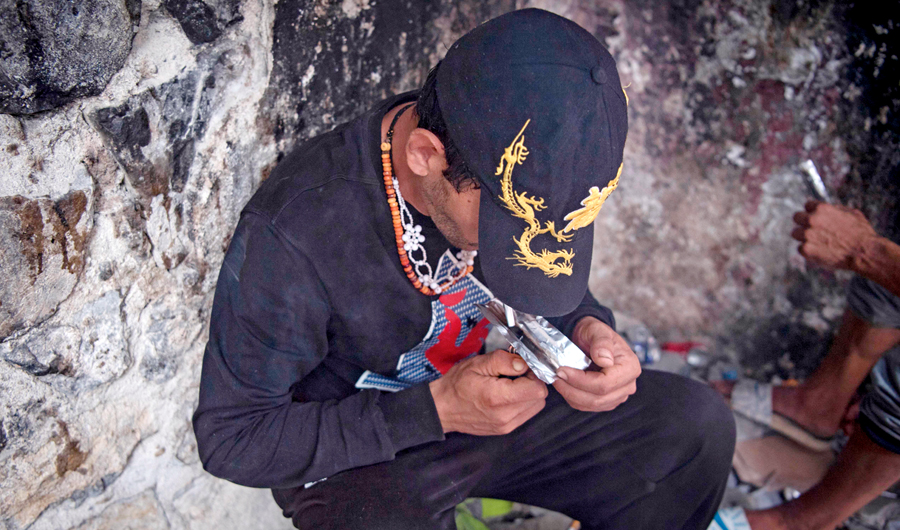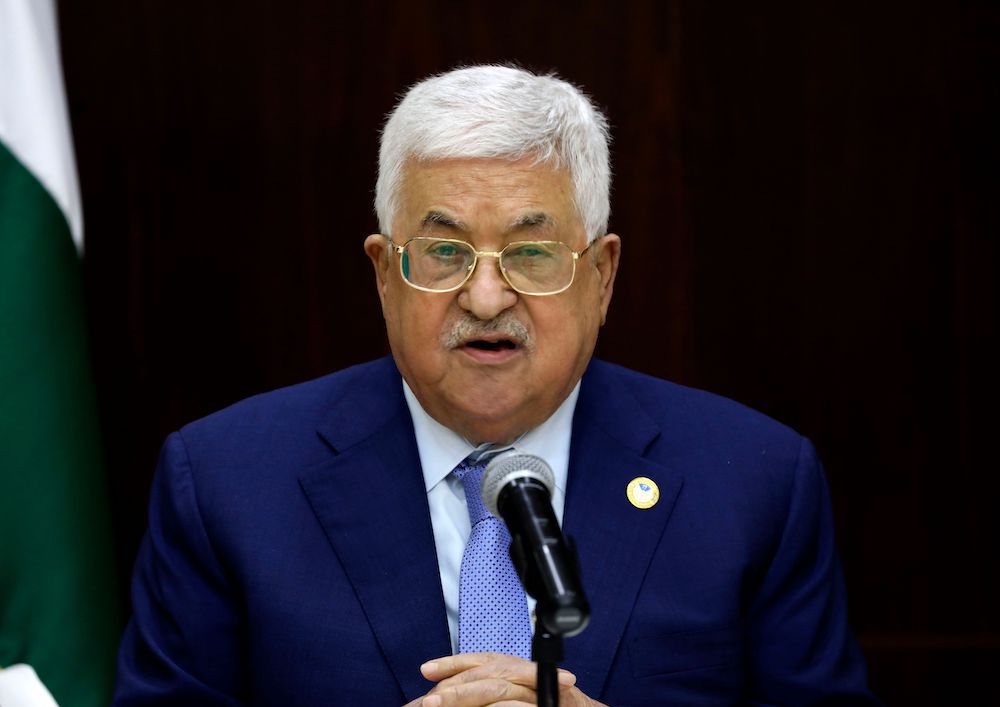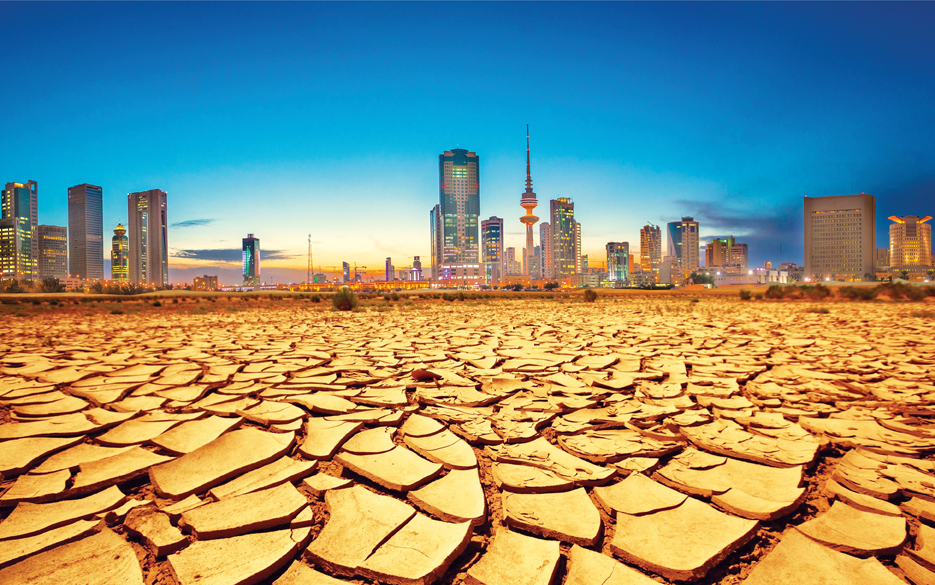Young Lebanese step up street rallies over spiraling economic woes
BEIRUT: Hundreds of young protesters took to the streets across Lebanon on Sunday for the second consecutive week, blocking roads and voicing their anger at deteriorating economic conditions in the country. Tires were set ablaze on major roads in the capital Beirut, while crowds chanted “Down with capitalism” and “Leave!” as they marched near Lebanon’s Parliament amid heightened security. Protesters called for the overthrow of the government over its fiscal policies and failure to reduce the soaring cost of living. The demonstrations began with dozens of people gathering in Martyrs’ Square in downtown Beirut, but the number quickly grew to several hundred.
Children carried loaves of bread bearing the word “revolution,” while young women raised placards calling for the formation of a new government of technocrats and the return of funds looted from the state treasury. “We want to live with dignity. If MPs, ministers and all the ruling class don’t want to give back what they stole, they should at least stop stealing so the people can live,” one protester said Economist Louis Hobeika told Arab News that the protests were “legitimate, necessary and reflect the anger of the people.”
He said that although the number of demonstrators was not large, “it showed that people can still make a difference.” “Those who did not take to the streets are not yet convinced that this can lead to change in state policies,” Hobeika said. Hobeika said that it is “essential to exert pressure on the government to amend its policies related to electricity, water and waste management.” After a preliminary gathering in Martyrs’ Square, demonstrators marched to Riad El-Solh Square, near the Prime Minister’s office and the Lebanese Parliament. Police, including the anti-riot squad, set up security barriers to prevent demonstrators reaching the Prime Minister’s office.
One woman voiced her anger to TV cameras next to the Prime Minister’s office, saying her two young daughters “had not been admitted to school as she could not afford to pay their tuition fees.” Security forces, army intelligence and the anti-riot squad mobilized reinforcements after protesters headed toward the headquarters of the Association of Banks in Lebanon.
Demonstrators were cut off at a nearby crossroads for a few minutes before it was reopened by security forces.
One activist, who declined to be named, said: “We will keep moving from one street to another because we want the people to sense the importance of taking to the streets to put pressure on the authorities.”
HIGHLIGHT
The demonstrations began with dozens of people gathering in Martyrs’ Square in downtown Beirut, but the number quickly grew to several hundred.
Independent deputy and activist Paula Yacoubian, who took part in the protest, said that “the political authorities are a failure.”
“We have reached the end of the president’s midterm, but have not witnessed any reforms or change,” she said. “We will remain on the street until we change this miserable situation in which the people live.”
Deputy Nazih Najm, a member of the Future Movement bloc in the Lebanese Parliament, said the country’s dire economic situation is due to “Hezbollah’s weapons and US pressure on Lebanon because of that.” In Baalbek, dozens gathered in Seray Square in protest at poor living conditions in the city. One protester, Mohammed Deeb Othman, said: “We have become slaves of a corrupt political authority that has bypassed all limits in humiliating its own people. “There is no water, electricity, education or medical care. We only hear of these during elections.”

Will Gulf states buy Lebanon’s Eurobond?US sanctions squeezing Iran-backed Hezbollah in Lebanon




